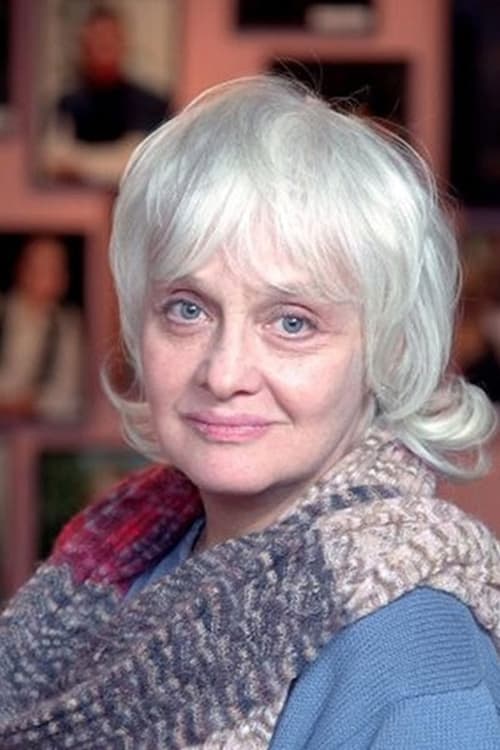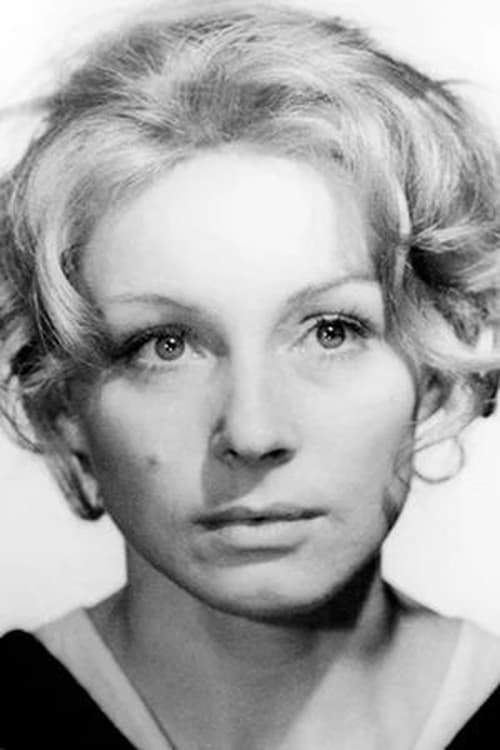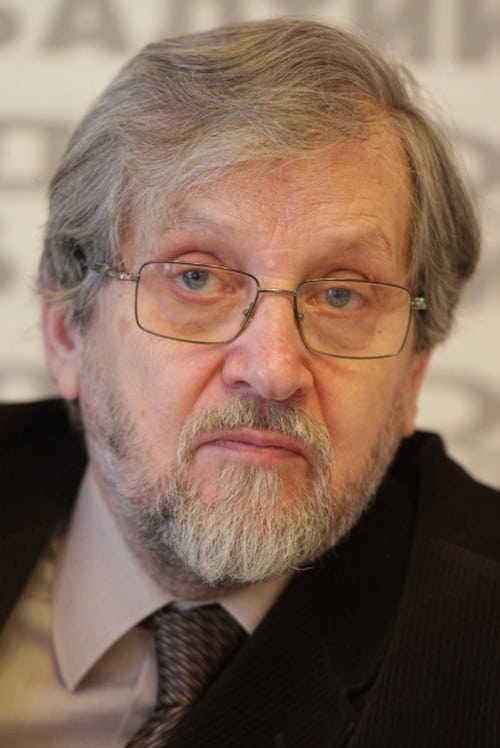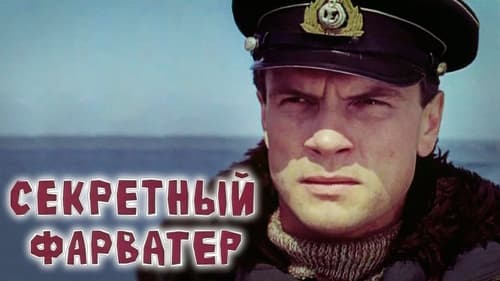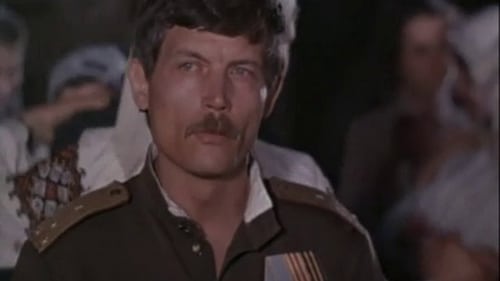Reading Book of Blockade (2009)
Género : Bélica, Drama, Historia
Tiempo de ejecución : 1H 36M
Director : Aleksandr Sokurov
Sinopsis
Amateur actors read stories from a book describing the 900-day siege of Leningrad during World War II.

El film retrata el cruce de los ríos Oder y Neisse y los esfuerzos por dispersar al ejército alemán a apenas 60 kilómetros de Berlín.
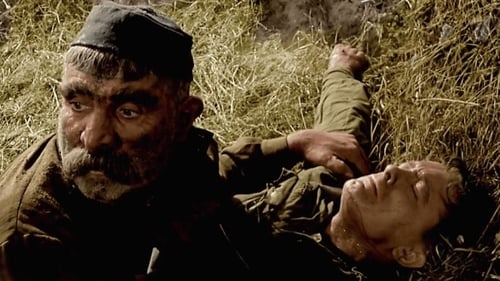
Georgy es un viejo campesino que trabaja en la industria vinícola. Comienza un épico viaje a pie para visitar a su hijo, que ha sido herido en la guerra y se encuentra en un hospital. Sin embargo, para cuando Georgy consigue llegar al hospital, su hijo ya se ha marchado y ha sido enviado de nuevo al frente. Esto lleva a Georgy a emprender un nuevo viaje para encontrar a su hijo, siendo testigo por el camino de la caída y derrota del fascismo. (FILMAFFINITY)

The Lark (en ruso : Жаворонок , romanizado : Zhavoronok ) es una película de guerra soviética de 1965 dirigida por Nikita Kurikhin y Leonid Menaker . Se inscribió en el Festival de Cine de Cannes de 1965 .

1939-1940 Finnish war. In the very first days, a group of female volunteers goes to the front. Young nurses and nurses in the hospital and on the front line selflessly help doctors to save the wounded soldiers, with weapons in their hands, take part in the fight against the enemy. In severe trials, the friendship and love of the film's characters is tempered and strengthened.

Wartime, summer 1941. Train carrying criminals gets under enemy fire and crashed. Out of all of the living are only a young lieutenant of the NKVD and two prisoners - the thief and repressed Communist party worker.

Biopic about general Hazi Aslanov, who died fighting Germans in WW2.

A story about the tragic events in the life of besieged Leningrad from September 1941 to January 1943.

Amateur actors read stories from a book describing the 900-day siege of Leningrad during World War II.

The screen story of four teenagers, on whom the horrors of war had left an indelible mark. Their relatives’ deaths and their yearning for fighting the Nazis led them, one way or another, to a sea cadet school that had been opened on Solovetski Islands at the start of the war. This film tells of men’s friendship, the boys’ first baptism of fire, and the victory…

In June 1941, the Extraordinary Defense Headquarters of Leningrad, under the leadership of Zhdanov and Voroshilov, decided to build the Luga defensive line. Heavy fighting west of Pskov forced units of the front to withdraw, and on July 9, Pskov was also abandoned. The battles in the Luga direction held back the enemy. The first attacks of the Germans, intending to cross the Luga line on the move, were repulsed with heavy losses for them.

Spring, 1944. The Great Patriotic war. The German fascists are still in Sevastopol. A fierce combat is taking place there. At the same time in Yalta, which has already been freed, life goes on peacefully. People believe that the war has left them, that it is far away and no longer dangerous… But the torpedo motor-boat squadron stationed in Yalta is still having a hard time. Every day Soviet marines undertake dangerous sorties towards the German-occupied Sevastopol.

"Iskra" is the codename for the plan of the operation of the Soviet troops to break the blockade of Leningrad. In January 1943, the blockade of Leningrad was broken. A corridor 8-11 km wide was formed between Lake Ladoga and the front line.

Молодые офицеры в первый день Великой

This communist history film recalls the heroism of Soviet soldiers fighting the Nazis in World War II. Forty of the 236 cameramen used for the feature were killed during their mission filming the Red Army.

A biopic about a Soviet general V. Gorbatov.

Before the attack on the village, captured by the Nazis, the commander decides to carry out a distraction — a concert of the front-line brigade of artists. Chef Antosha Rybkin is assigned to play the role of... a German corporal. Dressed in an enemy uniform, he gets to the rear of the enemy and helps his liberate the village.
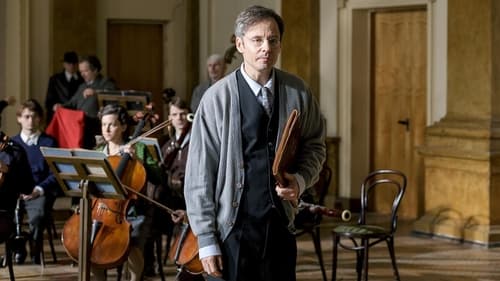
August 1942: Amidst the unimaginable suffering inflicted during the blockade of Leningrad by the German Wehrmacht, an orchestra director was given an almost impossible task: to stage the premiere of Dimitri Shostakovitch's "Leningrad Symphony". The performance became a symbol of the brief triumph of culture over the barbarism of war.



